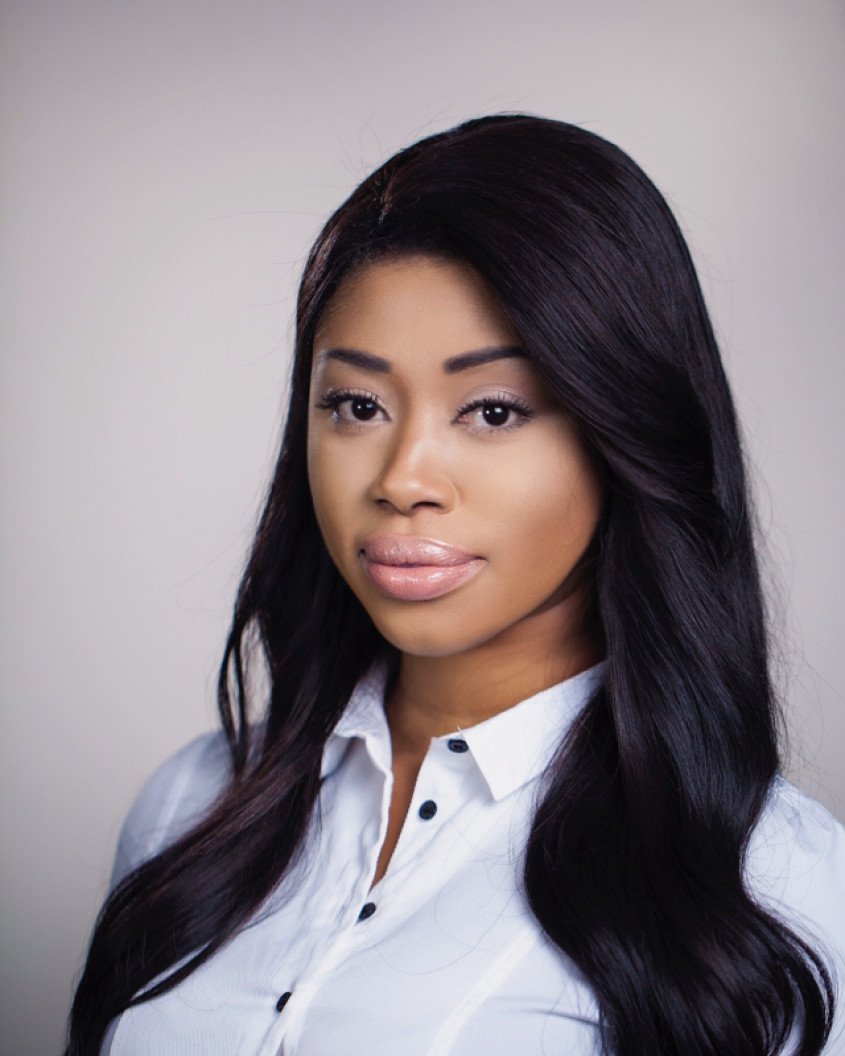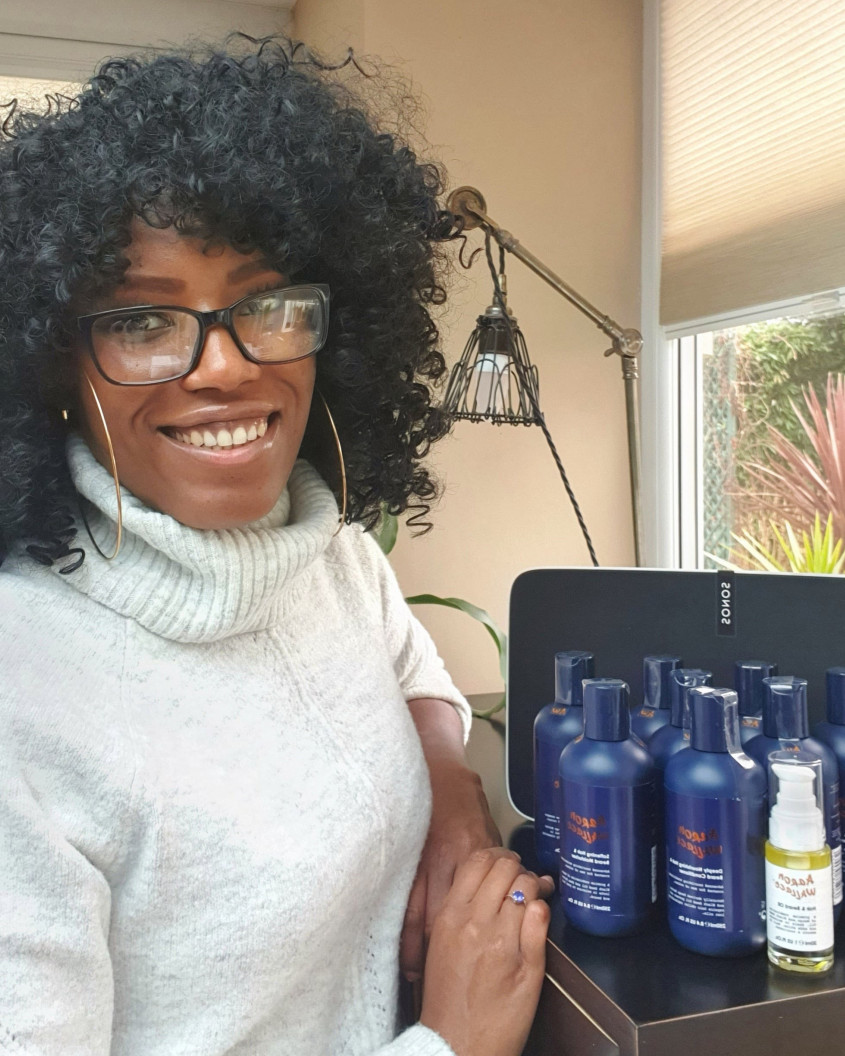Making space for Black voices in the beauty industry
Making space for Black voices in the beauty industry
Black-owned beauty brands Aaron Wallace and Maréna Beauté talk about why representation is needed in the skin and hair care industry and what steps are needed to get there
Black-owned beauty brands Aaron Wallace and Maréna Beauté talk about why representation is needed in the skin and hair care industry and what steps are needed to get there
The needs of Black customers haven’t always been adequately met by the beauty industry. For instance, it is still not standard practice for beauty schools to fully equip stylists with knowledge of how to do Black hair and makeup. While many larger brands have invested in expanding their product ranges to offer darker shades of makeup, as well as haircare products designed for tighter curl patterns, there is still a long way to go when it comes to providing choice and access. One of the ways we are working to change this at Zalando is by creating partnerships with Black-owned brands who have the knowledge and expertise to cater to our Black customers, instead of waiting for established brands to change their product ranges. We spoke to Maréna Beauté, a Swedish cosmetics brand pioneering high-quality makeup for darker skin tones in Scandinavia, and Aaron Wallace, a Black grooming brand for men founded by an expert South London barber, to expand on what gaps still exist in the market and what can be done to close them.


